
Flags
Gillian Pistell writes on the loaded symbol of the American flag in the work of postwar and contemporary artists.
Deterioration is a fertile area to explore.
—Ed Ruscha
Gagosian is pleased to present ten new paintings by Ed Ruscha, in his first painting exhibition in Los Angeles in twelve years.
Psycho Spaghetti Westerns are a surreal extension of the ideas that motivated the Course of Empire series, with which Ruscha represented the United States at the 2005 Biennale di Venezia. Course of Empire was inspired by five paintings by Thomas Cole of the Hudson River School, which depict the same landscape over time as it declines from a pristine natural state into desolation. Similarly, Ruscha has documented the effects of time on landscape in a manner that is both empirical and metaphorically charged, creating finely nuanced exercises in perception and memory that he describes as “waste and retrieval.”
In these wide horizontal paintings, landscape becomes a mental construct of abutting abstract surfaces—one a sfumato backdrop, the other a representational ground (grass, scrub, rock). This structure—a strong diagonal that cuts the picture plane, dividing background from foreground—is a pictorial device that Ruscha has often used, dating back as far as the Standard Station paintings of the 1960s. Here it provides a near-neutral picture plane for meticulously rendered still lifes in which incidental trash—tire shreds, beer cans, construction materials, packaging, and discarded mattresses—provide for reflection on the transformation of things by nature or culture.
Ruscha’s singular vision defies easy categorization. He has recorded the shifting emblems of American life in the form of Hollywood logos, stylized gas stations, and archetypal landscapes. His wry choice of words and indirect phrases mines the perpetual interplay between language as a physical thing and language as a transparent medium. Although his images are undeniably rooted in the vernacular of a closely observed American reality, his elegantly laconic art speaks to more complex and widespread issues regarding the appearance, feel, and function of the world and our tenuous and transient place within it.

Gillian Pistell writes on the loaded symbol of the American flag in the work of postwar and contemporary artists.
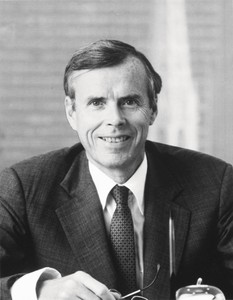
Jacoba Urist profiles the legendary collector.
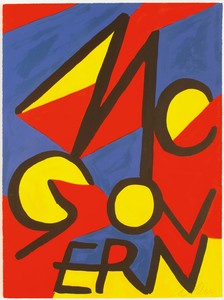
Against the backdrop of the 2020 US presidential election, historian Hal Wert takes us through the artistic and political evolution of American campaign posters, from their origin in 1844 to the present. In an interview with Quarterly editor Gillian Jakab, Wert highlights an array of landmark posters and the artists who made them.
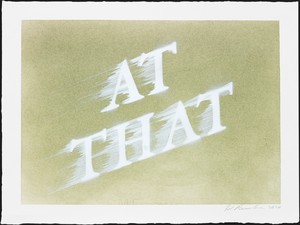
Lisa Turvey examines the range of effects conveyed by the blurred phrases in recent drawings by the artist, detailing the ways these words in motion evoke the experience of the current moment.
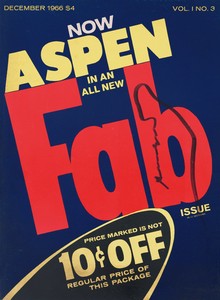
Gwen Allen recounts her discovery of cutting-edge artists’ magazines from the 1960s and 1970s and explores the roots and implications of these singular publications.
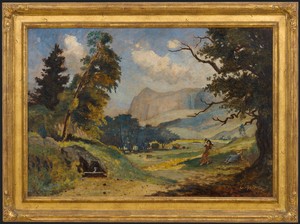
Ed Ruscha tells Viet-Nu Nguyen and Leta Grzan how he first encountered Louis Michel Eilshemius’s paintings, which of the artist’s aesthetic innovations captured his imagination, and how his own work relates to and differs from that of this “Neglected Marvel.”
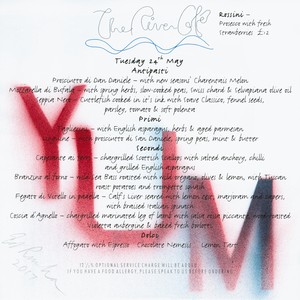
London’s River Café, a culinary mecca perched on a bend in the River Thames, celebrated its thirtieth anniversary in 2018. To celebrate this milestone and the publication of her cookbook River Café London, cofounder Ruth Rogers sat down with Derek Blasberg to discuss the famed restaurant’s allure.
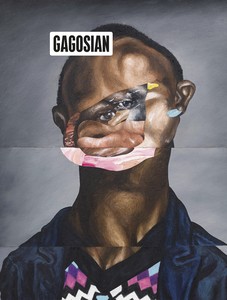
The Fall 2019 issue of Gagosian Quarterly is now available, featuring a detail from Sinking (2019) by Nathaniel Mary Quinn on its cover.
In conjunction with his exhibition VERY at Louisiana Museum of Modern Art in Humlebæk, Denmark, Ed Ruscha sat down with Kasper Bech Dyg to discuss his work.
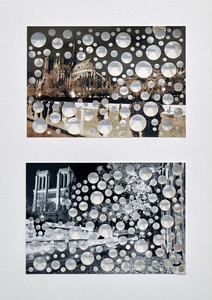
An exhibition at Gagosian, Paris, is raising funds to aid in the reconstruction of the Cathédrale Notre-Dame de Paris following the devastating fire of April 2019. Gagosian directors Serena Cattaneo Adorno and Jean-Olivier Després spoke to Jennifer Knox White about the generous response of artists and others, and what the restoration of this iconic structure means across the world.
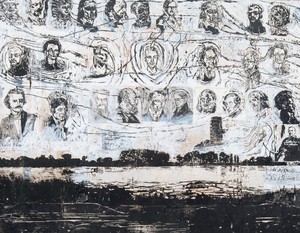
An exhibition at the Broad in Los Angeles prompts James Lawrence to examine how artists give shape and meaning to the passage of time, and how the passage of time shapes our evolving accounts of art.
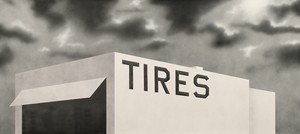
Ed Ruscha sat down with Tom McCarthy and Elizabeth Kornhauser, curator at the Metropolitan Museum of Art, to discuss the nineteenth-century artist Thomas Cole, whose Course of Empire paintings inspired a series of works by Ruscha more than a century later.
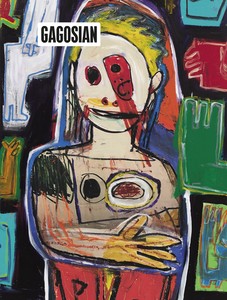
The Winter 2018 issue of Gagosian Quarterly is now available. Our cover this issue comes from High Times, a new body of work by Richard Prince.
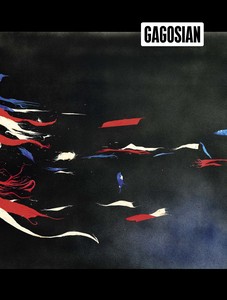
The Spring 2018 Gagosian Quarterly with a cover by Ed Ruscha is now available for order.
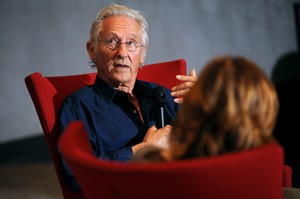
Ed Ruscha sat down with JoAnne Northrup of the Nevada Museum of Art to discuss the exhibition Unsettled, which the two co-curated.
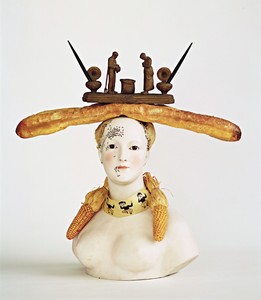
Mary Ann Caws and Charles Stuckey discuss the presence of food and the dining table in the history of modern art.
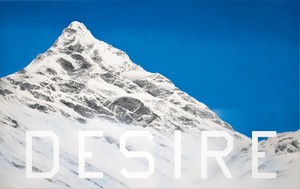
Diana Widmaier Picasso, curator of the exhibition Desire, reflects on the history of eroticism in art.
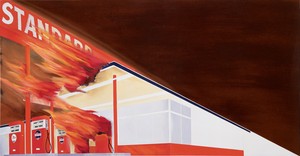
Ed Ruscha’s Burning Gas Station (1965–66) was a game changer. Text by Larry Gagosian.
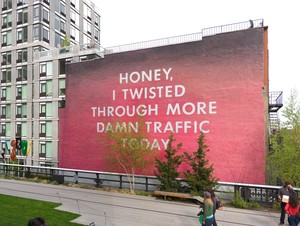
The High Line Art Program’s Cecilia Alemani discusses Ed Ruscha’s mural.